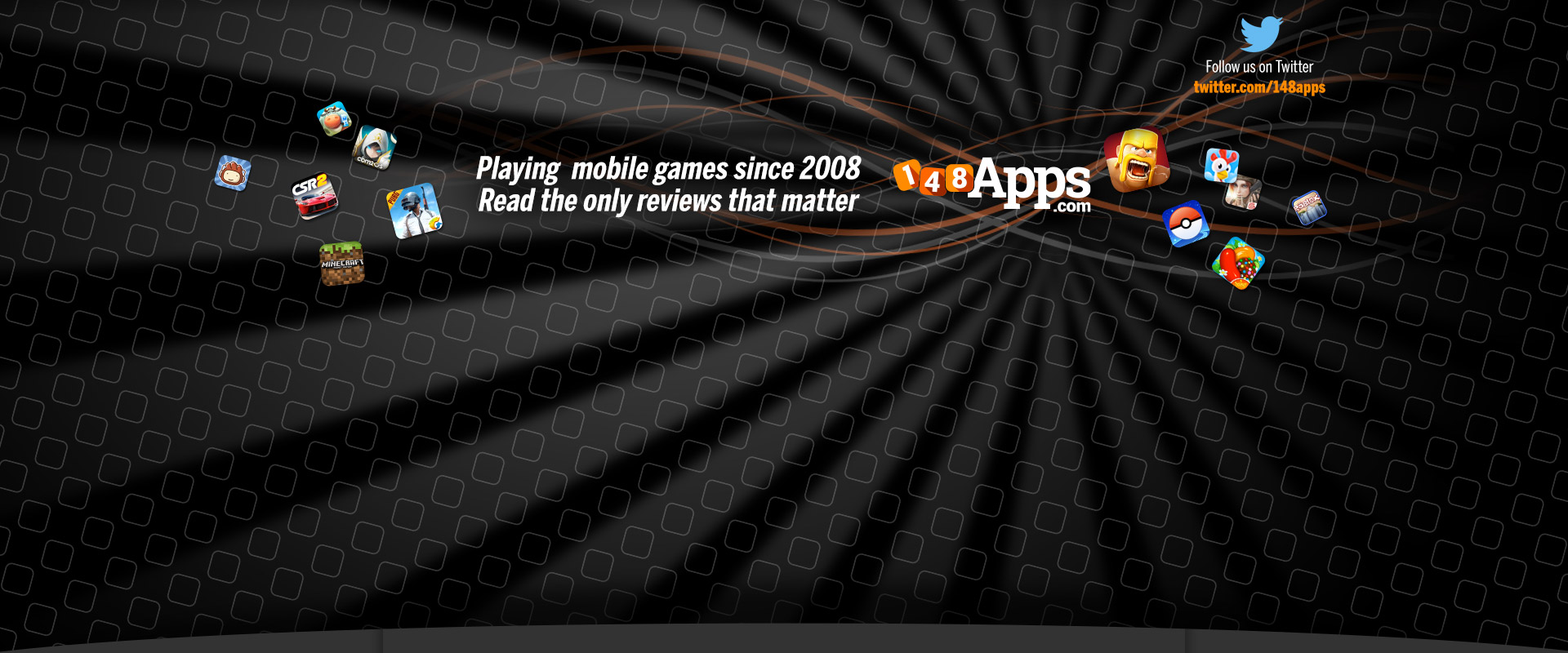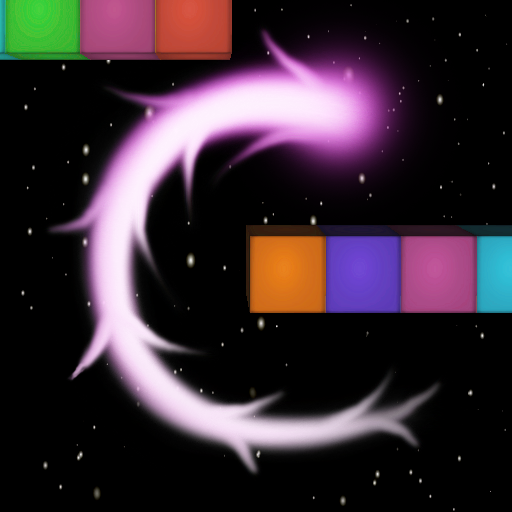
Talking to Terry Cavanagh (pictured, left), the first thing that jumps out at me is how pleasant he is. How soft-spoken and thoughtful he comes across as. Particularly for somebody who tortures people.
An award-winning independent developer from Ireland, Cavanagh has become known for wonderful, mercilessly difficult games like VVVVVV and Super Hexagon. The latter is Cavanagh’s first iOS game; a low-fi arcade gauntlet that challenges players to move left and right to survive an incoming barrage of lines and shapes for as long as possible. It bent our brains in circles and became a surprise cult-hit on the App Store, moving about 72,000 copies since release, according to Cavanagh's last look.
Wonderful. Mercilessly difficult. The two don’t quite go together, do they? Against all odds, however, it seems that driving people mad is what’s driven sales for Super Hexagon. It’s a phenomenon that beckons the question: why is a game that’s so hard so very easy to love? What makes difficulty so satisfying?

“I think it really comes down to a couple of small things,” reflects Cavanagh. “The main one is that it’s fair. It never feels like...” he pauses for a moment. “Put it this way: whenever you mess up in the game, it always feels like it’s your fault, and that’s really, really important.” We’re talking about his game, but Cavanagh’s first guiding principle speaks to a fundamental shift in values within the industry.
Where once it was understood - embraced, even - that quarter-sucking games would be hard-wired for player failure, notions of ‘cheapness’ have taken over. Blistering difficulty can still exist, but with less erratic exceptions and more dependable rules. If dependability is one piece of the difficulty puzzle, it becomes clear in talking more with Cavanagh that simplicity is its interlocking mate.
“With [Super Hexagon], the sort of things that can happen in the game are very simple, very learnable. In a sense, nothing comes out and surprises you.” Almost immediately, he corrects himself. “Well I suppose that’s a lie...waves are decided randomly at the edges of the screen... [but] every pattern in the game is discrete and learnable. That’s a big part of the game; training your muscle memory and getting to know the patterns.” An important distinction, it seems. Nailing down the difference between too hard and just hard enough means understanding that systems can be complex, but that learning them shouldn’t be.
Playing Super Hexagon, it’s easy to see the way that approach informs every layer of the game. Case in point? The score. Far from recycling the bloated arcade method left over from the coin-op era, Cavanagh gives players only one measure of success: time. An ever-present reminder of the true game at work...survival of the fittest.

Soon after the game’s release, it became apparent that this choice just may have been the unexpected ace in the hole. Players would tweet out their latest time, wearing it like a badge of honor. Super Hexagon has no formal social features, no “tools for virality,” but armed with their hard-fought numbers, players began jostling for position in a metagame of milliseconds. I ask Cavanagh if that was part of his plan all along, and while he won’t speculate as to the social impact, I may have just discovered a third rule of difficulty.
“I think you’re dead right about the score being an exact measure of how good you are,” says Cavanagh. “If you’ve lasted for 14.36 seconds, that’s an exact measurement; it tells you a lot of information, which is not like the kind of scores we’re used to seeing. People are used to seeing exaggerated scores, scores that are multiplied by a million. Scores where there are all sorts of measures in place to prevent you from knowing how you’re actually doing. I think having a score that means something makes the score important to players.” Something to strive for. Arguably, difficulty becomes easier to cope with when success isn’t obfuscated by jargon, when players feel like they’re being rewarded for of their work.
Inevitably, that’s what it’s all about, isn’t it? Feeling rewarded. Yet in some ways, that leads me back to square one, wondering what could be so rewarding about frustration. About losing. Pausing again, Cavanagh responds simply.

“I don’t know if I really think of the game as frustrating.” Only then do I realize, I’ve never asked what he does think of the game. So I ask.
“I feel like you’re trying to get into a rhythm with the game; when you’re playing the game really well, it has this sort feedback, and your senses are going off at the right time, and you’re making all the right moves, and everything...just feels right. And the game is about trying to get into that frame of mind.”
And perhaps that’s when something that’s so hard becomes so easy to love: when the pursuit of that feeling is more satisfying than the experience of not always finding it.
Image: DistractionWare


















